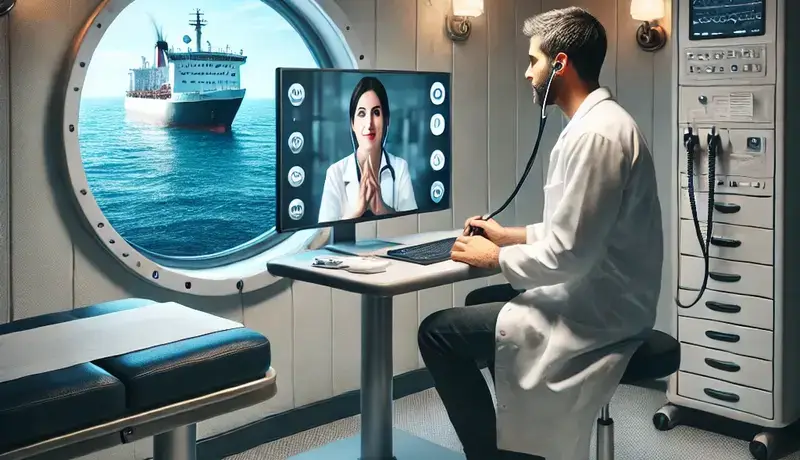Maritime Personalized Medicine
Maritime Personalized Medicine and Its Impact on Health
Information sourced from MDPI. Full credit to the original authors for their research and insights.
Introduction to Personalized Medicine in Maritime Healthcare
For maritime workers, healthcare often requires a unique approach due to their work environment. Fortunately, personalized medicine is changing healthcare by tailoring treatments to each individual. According to research from MDPI, this approach considers genetic, environmental, and lifestyle factors, making treatments more effective. As a result, personalized medicine holds the promise of better health and care for seafarers by addressing their specific needs.
How Personalized Medicine Benefits Maritime Workers
1. Better Treatments for Chronic Conditions
With personalized medicine, care for chronic conditions can be customized to fit each person’s needs. As a result, maritime workers managing conditions like diabetes or high blood pressure receive more effective treatment, which helps reduce health risks while at sea.
2. Improved Mental Health Support
Moreover, personalized medicine also includes mental health care designed around individual needs. Therefore, seafarers dealing with stress or isolation receive support that fits their unique mental health needs.
3. Better Preventive Healthcare
By studying genetic and lifestyle factors, personalized medicine helps to spot potential health issues early. Consequently, this preventive approach allows maritime workers to manage health risks before they grow, leading to better long-term health.

Challenges of Implementing Personalized Medicine at Sea
1. Limited Access to Medical Resources
One big challenge is the lack of medical resources on ships. Without special equipment and professionals, it is difficult to use advanced personalized medicine fully. Therefore, creating effective solutions for remote settings is crucial.
2. Need for Health Data
Since personalized medicine relies on detailed health information, such as genetic and lifestyle data, gathering and managing this information can be challenging. Thus, maritime healthcare needs secure systems and trained staff to handle it correctly.
3. Privacy and Ethics Concerns
Finally, personalized medicine raises privacy concerns, especially regarding the safety of genetic information. Addressing these concerns is essential for the success of personalized healthcare in maritime settings.
The Future of Personalized Medicine in Maritime Healthcare
As technology keeps advancing, the role of personalized medicine in maritime healthcare will likely expand even more. With better access to genetic testing, improved data security, and stronger telemedicine support, healthcare for maritime workers can become more personalized. Ultimately, these advancements will support the health and safety of seafarers worldwide.


